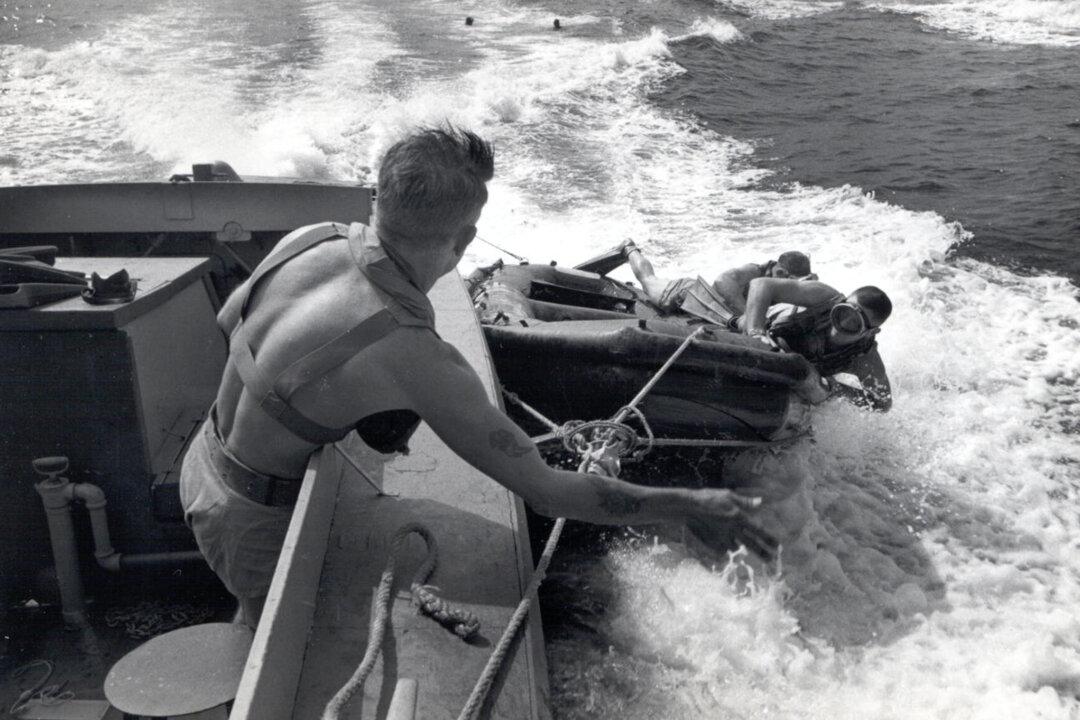NR | 1h 36m | Adventure | Drama, War | 1951
The Cold War officially began in 1947, roughly two years after World War II ended. As geopolitical fault lines deepened between the Western Bloc, led by the United States and its allies, and the Eastern Bloc, dominated by the Soviet Union and its lackeys, the stage was set for tension, espionage, and the development of advanced military platforms and capabilities.






